
Politics
12:17, 07-Aug-2018
US re-imposes tough, unilateral sanctions against Iran
Updated
11:33, 10-Aug-2018
CGTN
02:07
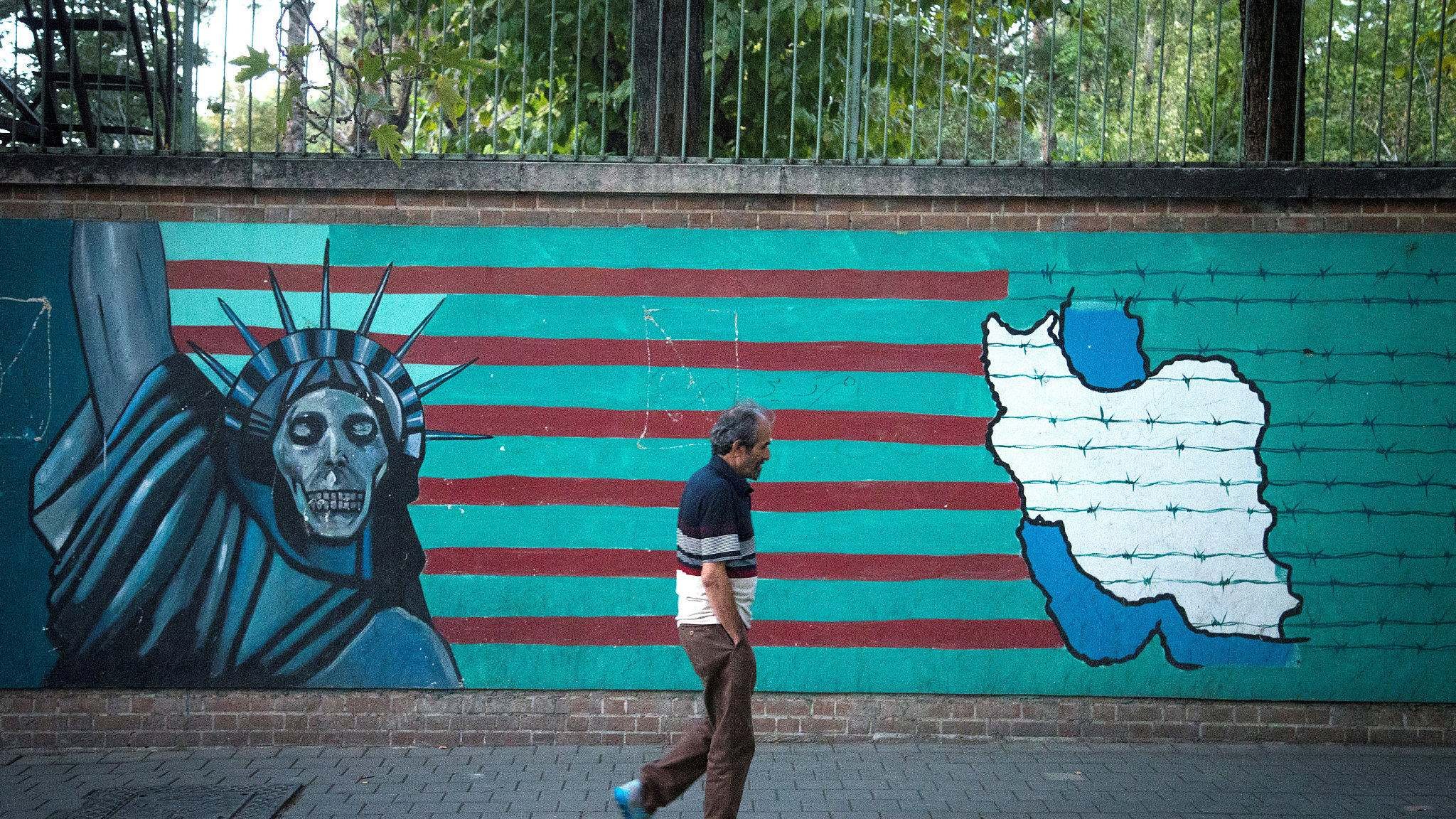
The US re-imposed tough, unilateral sanctions against Iran on Tuesday, bringing back into effect harsh penalties that had been lifted under a historic, multi-party nuclear agreement that President Donald Trump abandoned in May.
"Anyone doing business with Iran will NOT be doing business with the United States," Trump tweeted on Tuesday, adding that the new sanctions were "the most biting sanctions ever imposed."
Read more:
The first of two rounds of US sanctions kicked in at 00:01 a.m. EDT (0401 GMT), targeting Iran's access to US banknotes and key industries including cars and carpets.
Iranians are already seeing the effects of the sanctions, with Iran's rial currency losing around half its value since Trump announced that the US would withdraw from the 2015 nuclear accord.
00:47
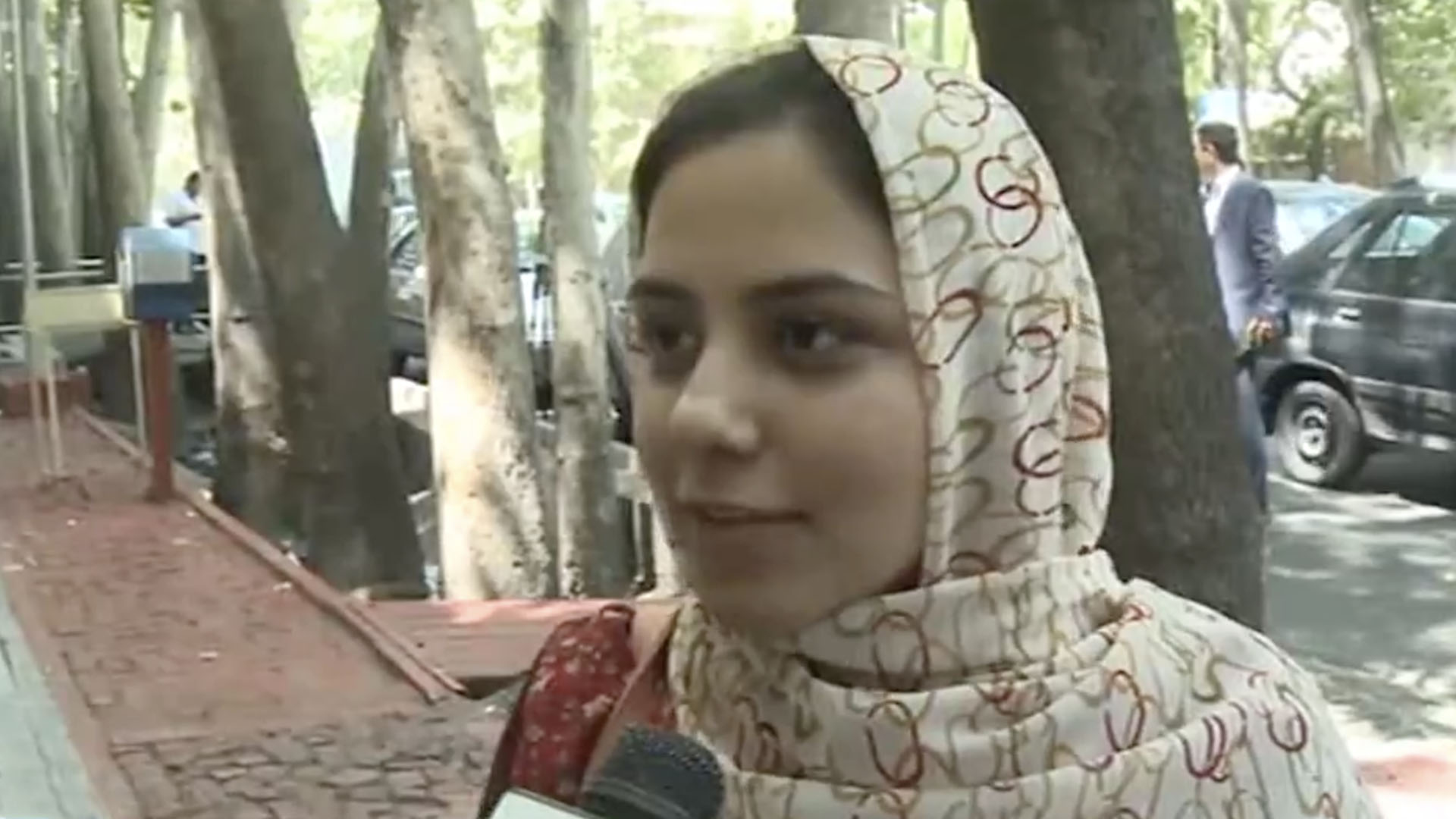
Trump's contempt for the nuclear deal dates back to his time as presidential candidate and on May 8, he made good on a pledge to pull America out of the international agreement.
He blasted the agreement yet again on Monday, calling it a "horrible, one-sided deal (that) failed to achieve the fundamental objective of blocking all paths to an Iranian nuclear bomb."
The unilateral withdrawal came despite other parties to the agreement – Britain, China, France, Germany, Russia and the EU – pleading with Trump not to abandon the pact aimed at blocking Iran from acquiring a nuclear weapon, and highlights the US leader's go-it-alone style and his distaste for multilateral agreements.
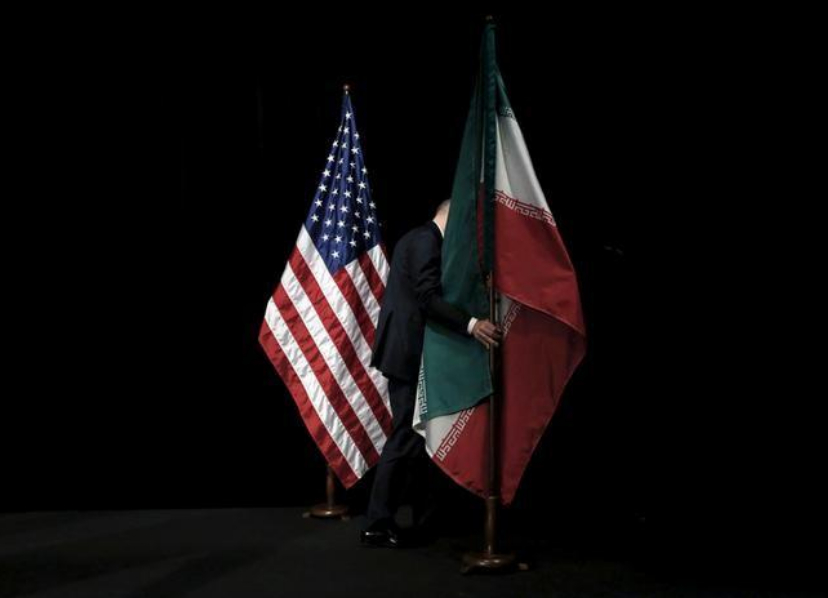
A staff member removes the Iranian flag from the stage after a group picture with foreign ministers and representatives of the US, Iran, China, Russia, Britain, Germany, France and the European Union during the Iran nuclear talks at the Vienna International Center in Vienna, Austria, July 14, 2015. /Reuters Photo
A staff member removes the Iranian flag from the stage after a group picture with foreign ministers and representatives of the US, Iran, China, Russia, Britain, Germany, France and the European Union during the Iran nuclear talks at the Vienna International Center in Vienna, Austria, July 14, 2015. /Reuters Photo
In an executive order Monday, Trump said the sanctions seek to pile financial pressure on Tehran to force a "comprehensive and lasting solution" to Iranian threats, including its development of missiles and regional "malign" activities.
The European Union's diplomatic chief Federica Mogherini said the bloc, as well as Britain, France and Germany, deeply regretted Washington's move.
"We are determined to protect European economic operators engaged in legitimate business with Iran," she said in a statement.
Many large European firms are leaving Iran for fear of US penalties, and Trump warned of "severe consequences" against firms and individuals that continued to do business with Iran.
Trump said he was open to reaching a more comprehensive deal with Iran "that addresses the full range of the regime's malign activities, including its ballistic missile program and its support for terrorism."
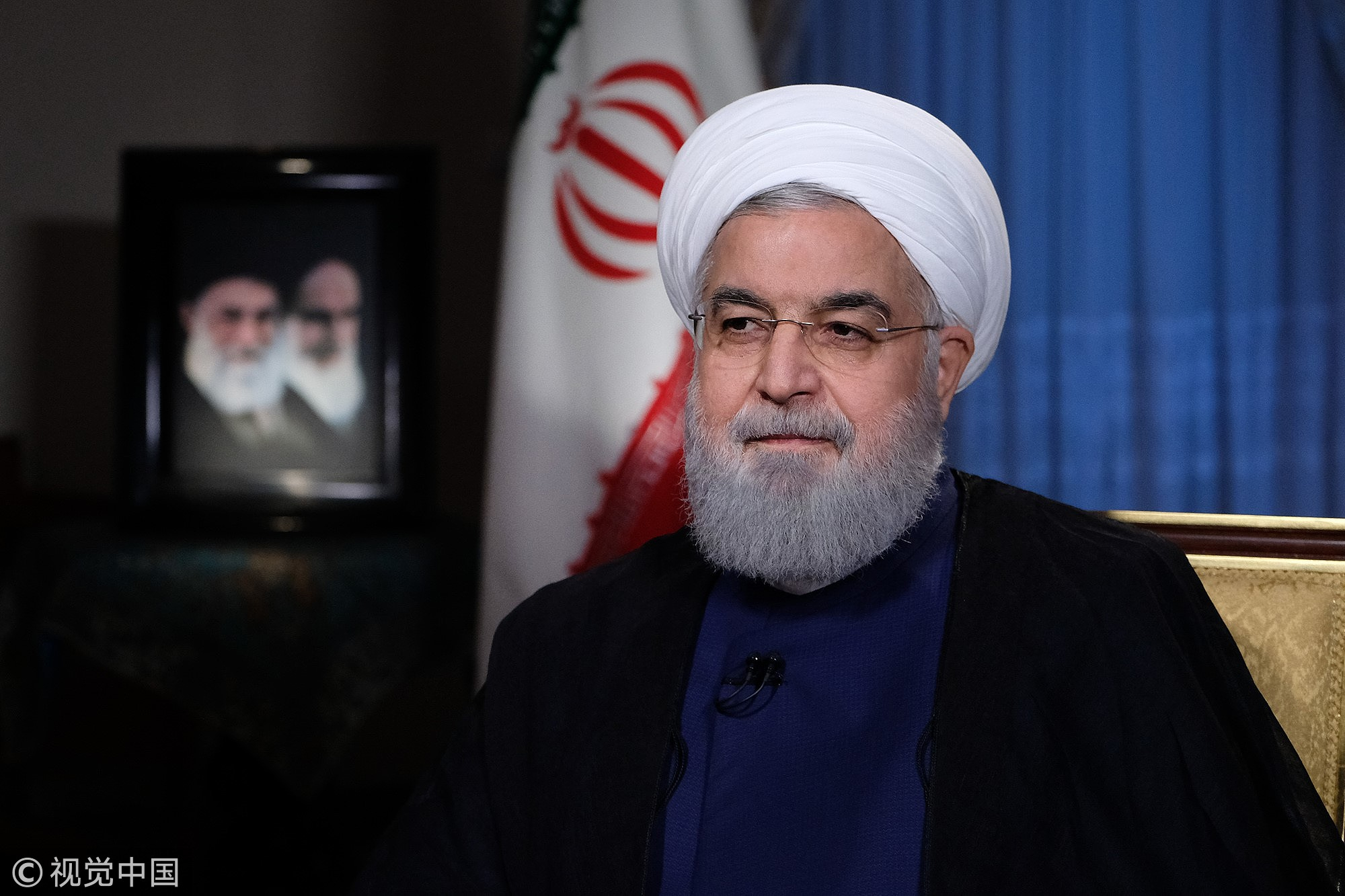
Iranian President Hassan Rouhani speaks during a press interview regarding the US enforcement of sanctions against Iran in Tehran, Iran, August 6, 2018. /VCG Photo
Iranian President Hassan Rouhani speaks during a press interview regarding the US enforcement of sanctions against Iran in Tehran, Iran, August 6, 2018. /VCG Photo
But Iranian President Hassan Rouhani was unimpressed by the offer. "If you're an enemy and you stab the other person with a knife, and then you say you want negotiations, then the first thing you have to do is remove the knife," the Iranian leader said in an interview on state television.
"They want to launch psychological warfare against the Iranian nation," Rouhani stated.
The second phase of US sanctions, which takes effect Nov. 5 and will block Iran's oil sales, is due to cause more damage.
Iran's Foreign Minister Mohammad Javad Zarif told reporters the global reaction to Trump's move showed that the US was diplomatically "isolated," but acknowledged the sanctions "may cause some disruption."
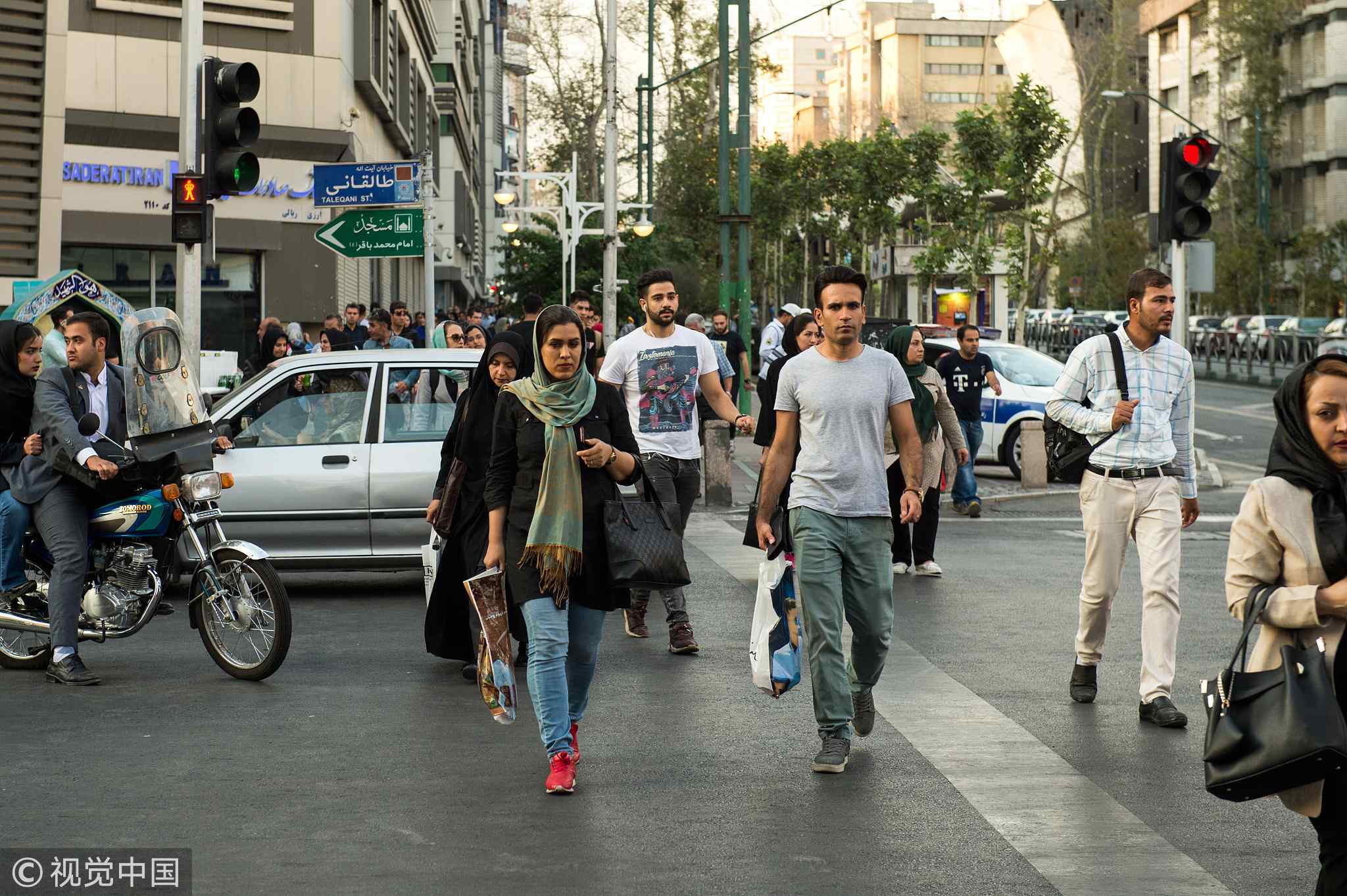
Pedestrians cross a busy street in central Tehran, Iran, on Sunday, Aug. 5, 2018. /VCG Photo
Pedestrians cross a busy street in central Tehran, Iran, on Sunday, Aug. 5, 2018. /VCG Photo
Rouhani's government has taken emergency measures to stem the collapse of the rial ahead of the return of sanctions.
(Top image: A man walks past an anti-US mural in Tehran, Iran, Oct. 13, 2017. /VCG Photo)
Source(s): AFP

SITEMAP
Copyright © 2018 CGTN. Beijing ICP prepared NO.16065310-3
Copyright © 2018 CGTN. Beijing ICP prepared NO.16065310-3